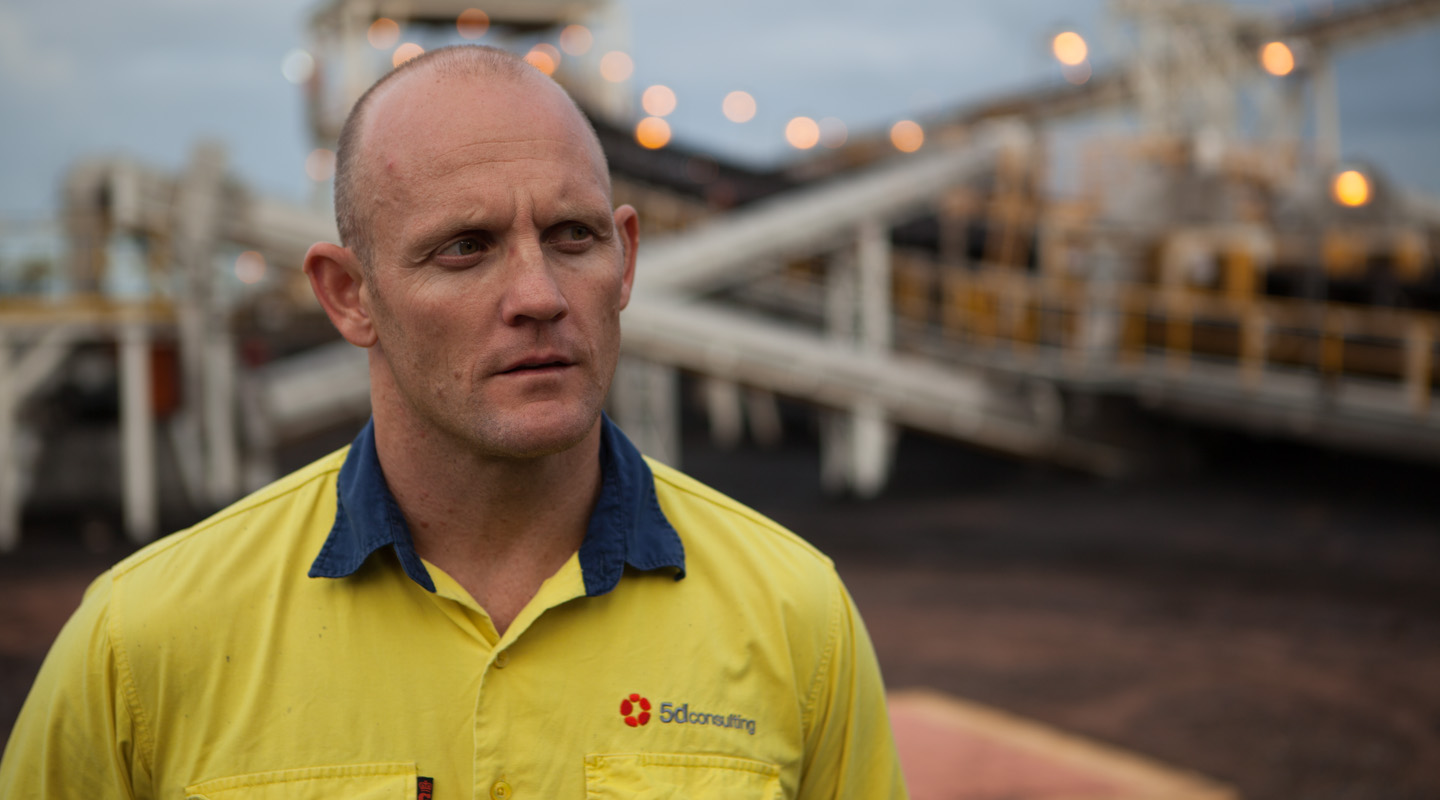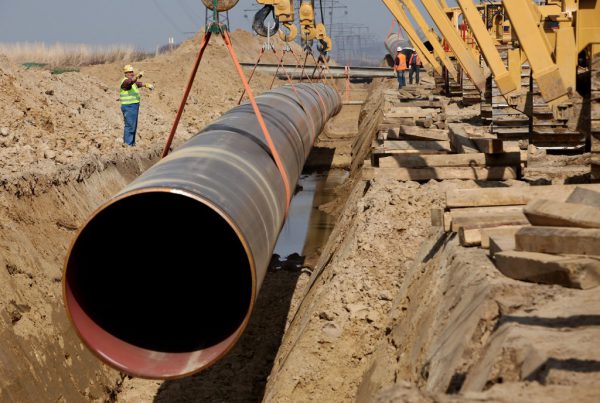I ask them to think about the best team they have ever been part of– whether it be a work team, social group, charity or sporting team. I ask them to reflect on the purpose and goals of that team and then ask them why that particular team was so successful.
There are a number of benefits of this conversation: Each member of the team learns a little more about their colleagues; they hear about an experience they’ve had that made an impression on the way they view team dynamics; they learn what each of their team mates considerers to be important.
These conversations are interesting because the results are almost identical. No matter the industry, no matter the level within an organisation, no matter the demographics of the group, the elements of team dynamics that are nominated as enablers of success are so aligned from person to person, from group to group, that there is no mistaking the fundamental indicators of team harmony and success.
Even the language used across the broad range of teams I work with is the same.
I’ve included three samples of such conversations below. They come from teams in different companies, in different industries, at different levels of their organisation.
This very raw form of research has helped us to develop a team performance framework – a set of aspirational statements about how we would like our team to perform.
- We know who we are as a team
- We know what a team is and why we are together
- We know what our mission is and how we are going to achieve it
- We understand the unique attributes and skills that exist within this team and we know how to use them to achieve results
- We communicate with precision
- We use the full range of communication tools required to do our work
- We have the skills and knowledge to engage in effective and relevant communication
- We design a sustainable approach to effective communication
- We lead and follow
- We understand the nature of team leadership
- We all own the team mission and contribute to its achievement
- Our team produces results that reflect a dynamic leadership model
- We demand a high performing culture
- Trust and commitment are central to the way our team operates
- We hold each other to account by engaging in constructive conflict
- We are mutually accountable for the results of our team
You’ll notice that these aspirational statements are not passive – they don’t just happen. Developing an effective team dynamic is an active process. Knowing what sort of team you’d like to be is only the beginning of the journey. But it’s a helpful place to start.





